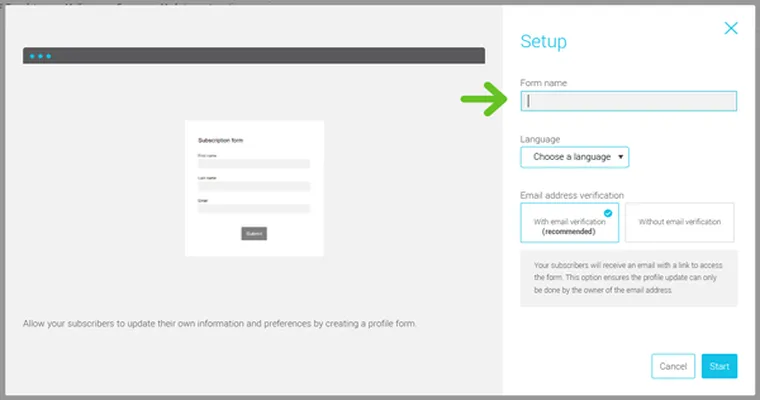Planning for the future is essential, especially when it involves the well-being of a loved one. For those caring for a "disabled husband", the thought of passing away before them can be daunting. However, preparing for this less likely event is crucial to ensure that they continue to receive the love, care, and support they need. In this article, we will discuss practical steps to create a comprehensive plan that addresses their needs and secures their future.
Understanding Their Needs
The first step in planning is to gain a thorough understanding of your husband's specific needs. This includes his "medical requirements", daily living assistance, and emotional support. Make a list of all the services he currently receives, such as therapy, medication, and personal care. Consider any future needs that may arise as his condition changes. This understanding will serve as the foundation for your planning process.
Legal Considerations
Establishing a legal framework is essential to ensure your husband’s care is managed according to your wishes. Start by consulting with an attorney who specializes in "disability law" or "estate planning". Key legal documents to consider include:
1. "Will": This outlines your wishes regarding your assets and who will be responsible for your husband's care.
2. "Power of Attorney": Designate someone who can make financial and legal decisions on behalf of your husband if he becomes unable to do so.
3. "Healthcare Proxy": This allows someone to make medical decisions for your husband if he cannot voice his preferences.
Financial Planning
Financial stability is critical for your husband's ongoing care. Assess your current financial situation and consider the following steps:
1. "Budgeting": Create a detailed budget that covers all of your husband's needs, including healthcare, living expenses, and recreational activities.
2. "Insurance": Ensure that you have adequate life insurance and consider long-term care insurance options that will support your husband after your passing.
3. "Trusts": Establish a "special needs trust" to protect your husband's eligibility for government benefits while providing him with additional financial support.
Identifying Caregivers
Finding reliable caregivers is a crucial part of your plan. Identify family members, friends, or professional caregivers who are willing and able to support your husband in your absence. It’s important to have open discussions with potential caregivers about your husband’s needs and preferences to ensure a good fit. Consider creating a "caregiver handbook" that outlines routines, important contacts, and emergency procedures.
Communicating Your Wishes
Open communication with family members and caregivers about your plans is vital. Share your wishes and the details of your planning with them to avoid confusion in the future. This approach can also help alleviate any potential conflicts regarding your husband's care.
Regularly Review Your Plan
Life circumstances can change, so it’s essential to review and update your plan regularly. Schedule annual meetings with your attorney and financial advisor to ensure that all documents are current and reflect your husband's evolving needs. Encourage caregivers and family members to provide feedback on the care plan and make adjustments as necessary.
Conclusion
While the thought of dying before your "disabled husband" can be unsettling, taking proactive steps to plan for this possibility can provide peace of mind. By understanding his needs, establishing legal protections, ensuring financial stability, identifying caregivers, and maintaining open communication, you can create a comprehensive plan that secures his future. Remember, the key to this process is preparation, and by taking these steps, you can help ensure that your husband will continue to thrive, even in your absence.





